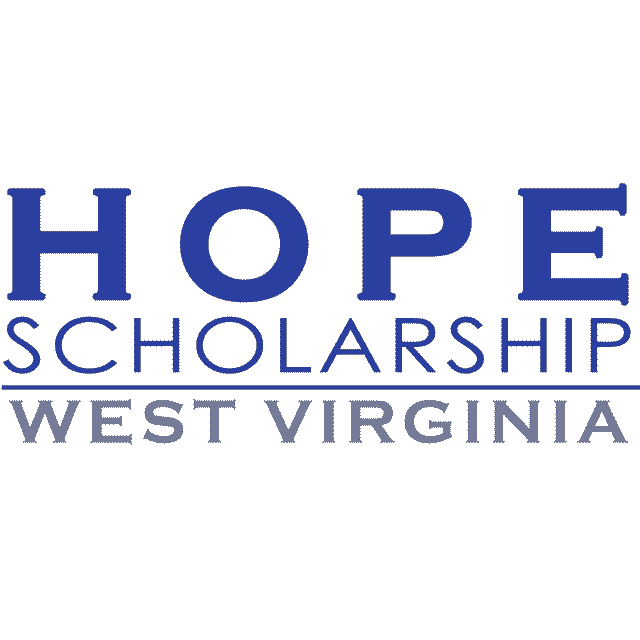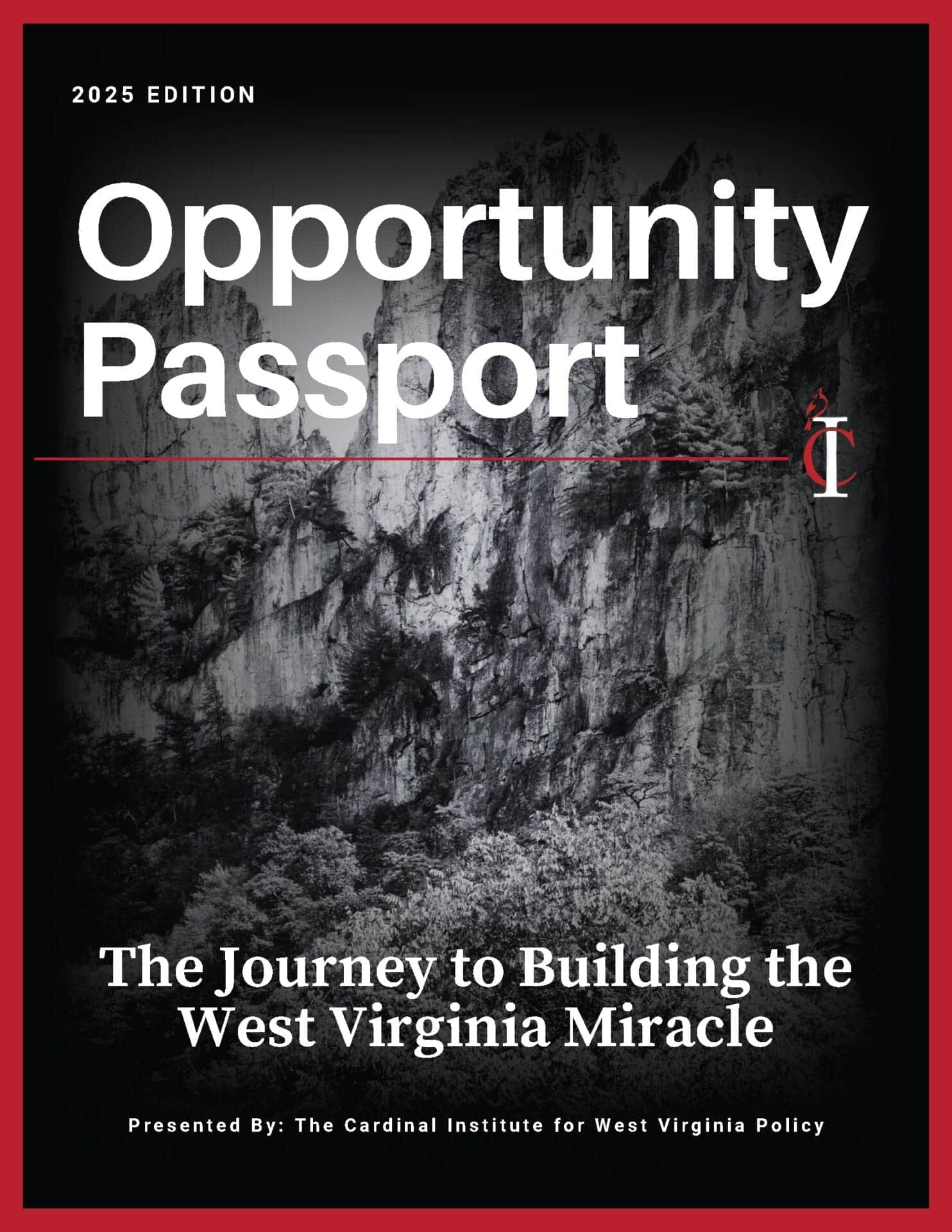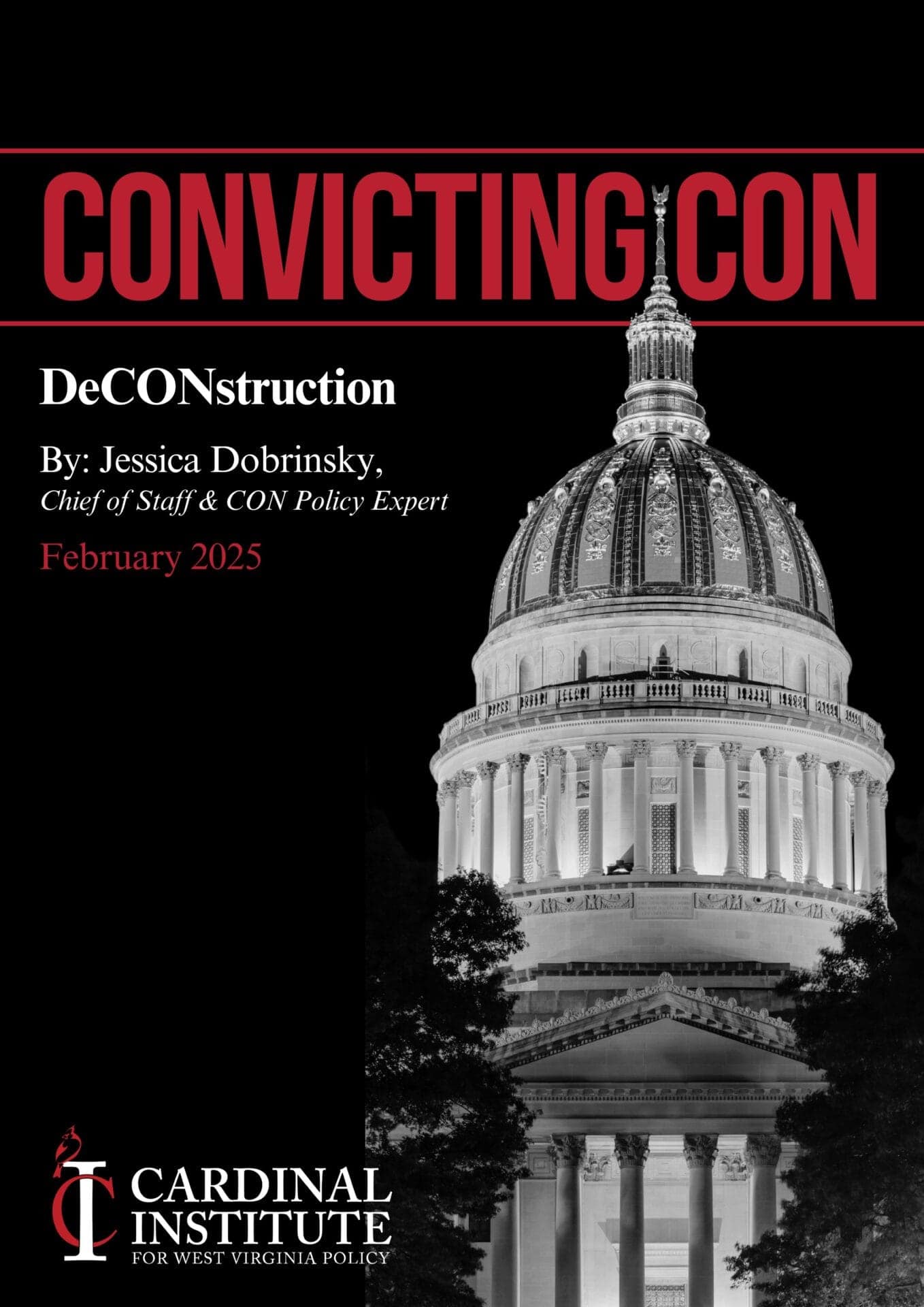
West Virginia Hope Scholarship: Funding Students, Not Systems
The West Virginia Hope Scholarship continues to innovate, expanding access to students across the Mountain State. On December 13, 2023, the Hope Scholarship program announced that applications to the program will soon be accepted year-round. The new cycle will include a system of prorated funding for students who apply mid-year to pursue alternatives to West Virginia’s public education system. This change comes on the heels of roughly 6,300 Hope Scholarship applications and 6,000 awards for the 2023-2024 school year, up from 2,333 the previous year.
What is the West Virginia Hope Scholarship?
The Hope Scholarship, for anyone unaware, is West Virginia’s education savings account program for K-12 students. This school choice program allows families to choose an alternative, individualized form of education for their children. If their application is accepted, students receive the State’s portion of their education funding to use in pursuing their education. Parents can use that amount, which totaled roughly $4,500 in the 2022-23 school year, on a variety of expenses for their student’s education. Tuition, textbooks, and exam fees are just some eligible expenses. The Hope Scholarship Board reserves the right to approve other qualified expenses. If families don’t use all their funding in one year, it rolls to the next until the student graduates or is no longer eligible to participate.
Funding Students, not Systems
Opponents of the program flail wildly trying to discredit it because they fundamentally misunderstand who education funding belongs to. The State of West Virginia dedicates funding to each student in her borders. Hope-skeptics believe, for one reason or another, that the student’s funding belongs to the public education system. Hope opponents don’t believe in education funding; they believe in public school funding. Fortunately, West Virginia has left these system-oriented folks behind to favor student-oriented policy.
The Hope Scholarship program is what it looks like to make education the end-all-be-all in your education funding. It recognizes that one size fits all approaches to education leave some pupils behind. And in times of unprecedented disagreement over social issues, it allows parents to choose where their children will spend a third of their day with their values in mind.
It also doesn’t leave public schools out to dry. While the state portion of the Hope recipient’s funding may go with them to their new educational home, the federal and local funding stay within the public school system. In the end, public schools end up having more money, per student, than they did before.
To learn more about applying for the West Virginia Hope Scholarship, visit the official Hope Scholarship Website.
Jacob McCoy is a Contributor to the Cardinal’s Nest Blog.








